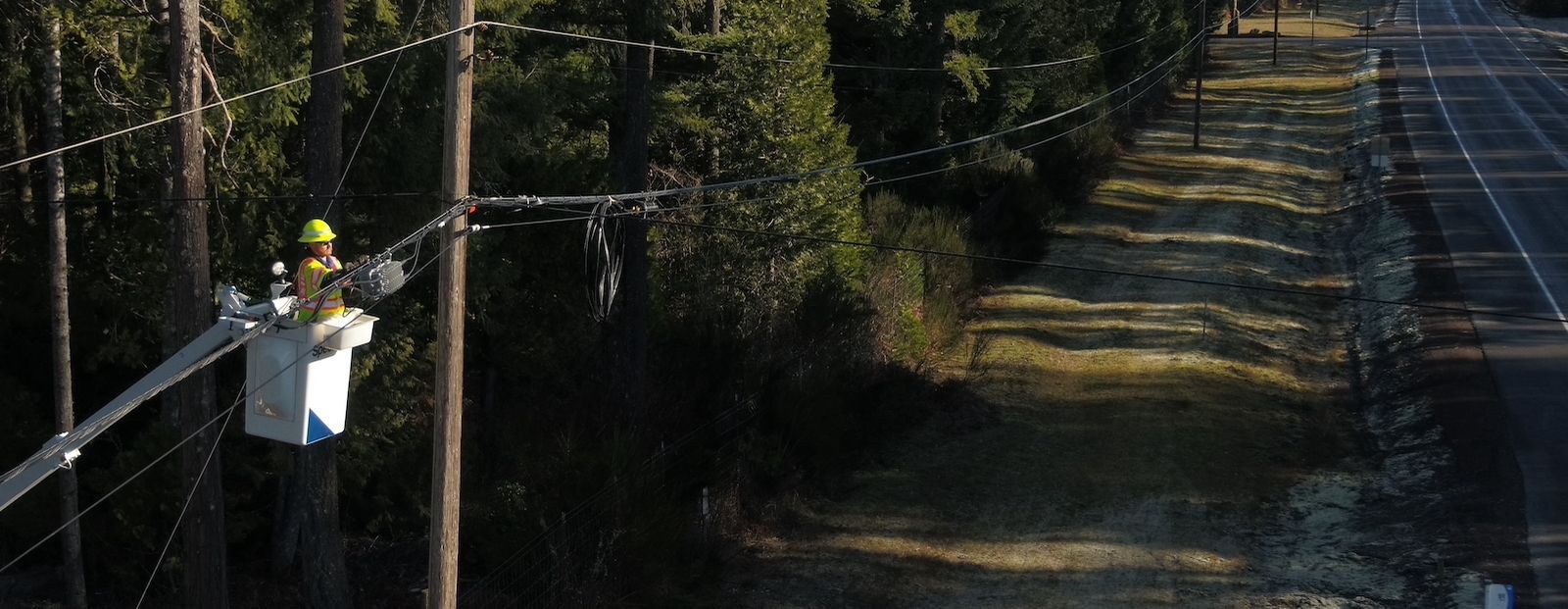Network Investment and Access
States Innovate to Expedite Internet Expansion for Rural Communities
March 7, 2022
Share Article:
Poles form the backbone of America’s internet infrastructure – but they can also be one of the most substantial barriers to expanding access, especially in rural areas. When an internet service provider wants to expand their service to reach a new area, they must navigate a number of pole-related issues, including working with multiple pole owners, a patchwork of different rules on how to access the poles (and in some cases no rules at all), and poles that are often old, out-of-code, run-down, or lacking in sufficient capacity for new network attachments. Unfortunately, these barriers are frequently worst in the rural areas that need access most, where more poles are necessary to serve fewer homes and where more poles are often in need of replacement. And when disputes arise between pole owners and internet service providers, the process can become even more cumbersome, resulting in significant delays.
States Innovate to Address Poles Barriers
In 2021, several states took important steps to address poles access that will speed broadband deployment to unserved areas of the country.
- The Texas legislature and the Governor enacted a law creating the Broadband Pole Replacement Fund, a $75 million fund to promote rural broadband expansion in unserved areas by offering support for costs related to pole replacements, such as removing and disposing of existing poles, installing new poles, and transferring existing services to new poles.
- The Kentucky Public Service Commission adopted new rules to establish cost-sharing standards between pole owners and broadband providers for replacing noncompliant (or “red-tagged”) utility poles and to standardize timelines for permitting and make-ready work.
- Similarly, North Carolina lawmakers passed legislation creating the Broadband Pole Replacement Program, a $100 million pole replacement fund that will reimburse broadband providers for eligible pole replacement costs in connection with qualified projects.
Pole replacement programs like those in Texas and North Carolina are promising examples of how states are using money received from the American Rescue Plan Act of 2021 to remove barriers and expedite internet access for the millions of Americans who remain unconnected.
Advancing Access
Charter’s multi-year, multi-billion-dollar rural construction initiative will add over 100,000 miles of fiber-optic network infrastructure to deliver gigabit-speed internet access to more than 1 million currently-unserved, mostly rural homes and small businesses across the country. With millions still working and learning from home, access to reliable, high-speed internet has never been more important, and we’re proud to have Spectrum Internet ranked #1 in the U.S. News & World Report 2021-22 “Best Rural Internet Service Providers” rankings.
Every year, Charter connects more unserved Americans to high-speed internet and we’re committed to continuing to support America’s rural communities and connecting them to the opportunities they need to thrive in the 21st Century.
